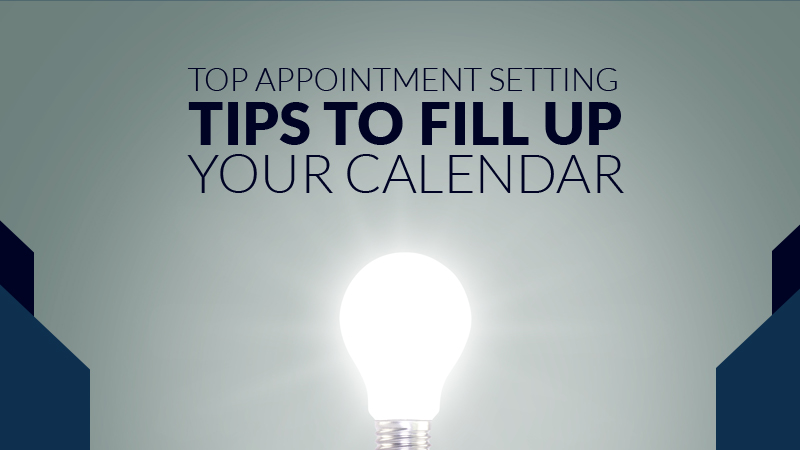The end goal of all your marketing efforts is the sales close. It’s basically the culmination of the tactics you have applied right from the beginning of your lead generation campaign down to an appointment with a sales representative.
From the get-go, careful strategizing is essential to generating the right audience for your product or service. But to translate these opportunities into actual sales demands a lot more than just the usual lead nurturing tactics that are being implemented by your competitors
After all, B2B appointment setting is crucial to the success of your marketing campaigns for obvious reasons. The fact that you need to transform your leads into paying customers is essential to growing your revenue. Without a proper process for setting appointments with potential clients, it will be difficult for you to reach the revenue goals you have set for your business.
Easy Appointments?
What could be possibly harder than that? Well, a lot of businesses outside the B2B arena are quick to say that appointment setting should be the easiest marketing task there is. In fact, there are a lot of misconceptions about setting appointments with qualified clients. One of these misconceptions is that scheduling an appointment isn’t complicated at all. Do you know what’s easier? Flying a 747 jumbo jet.
If you catch our drift, then appointment setting isn’t all that easy, to begin with. Being the threshold between a lead and a juicy sale, it’s an activity that involves a great deal of detail in order for it to produce the results you wanted.
This is the reason why most B2B companies, especially in Australia, are investing a lot of their resources on getting more booked sales appointments on the regular. Sure enough, the dynamics have become increasingly difficult for these businesses. As B2B buyers have become even more meticulous when it comes to selecting and purchasing the right solutions for their enterprises.
Related: How Marketing Automation Increased My Client’s Appointments in 30 Days
Creating the right plans
This poses a considerable challenge for businesses to handle. The aim right now is t focus on value and reduce the number of appointments it takes to rake in a sale.
For this, it’s vital for sales reps as well as the marketing team to plan effective strategies that can help their businesses close more deals.
Here are some of the best tips to help you with that:
Make the conversation sound natural
As much as we are all excited for the rise of automation in marketing, we can’t deny the fact that decision makers seek real human interactions. Though new CRM tools such as Google Duplex provide an easier path for businesses to navigate around a sales appointment, it’s still vital for sales reps to personalize their interactions and avoid relying too much on automated responses and call scripts. Opt to train your in-house appointment setters themselves and you will be filling up your calendar in no time.
Related: 4 Sales Call Rapport-Building Techniques That AI Can’t Yet Do [VIDEO]
Propel value
Nothing motivates prospects to take a course of action more than knowing the benefits on the other end. In other words, it’s important to provide your prospects with a good view of what they should expect from your product or service. By prioritizing what’s valuable to your prospects and avoiding being an advocate for your brand, you will be able to secure a better position for setting them up with a sales rep.
Ask the right questions
Decision makers instantly drop a telemarketing call due to the wrong queries. In appointment setting, it’s always best to calculate your steps, because the words you say no matter how insignificant they seem to you will determine the likelihood of a sales deal. For this, you will need to draft a guide containing the questions your appointment setters can use to nail a sales meeting.
Related: How to Handle Early Sales Objections, According to Science [VIDEO]
Outsource your appointment setting
If you are cut for resources and time, you can consider outsourcing your appointment setting tasks. That way, your marketing and sales teams can focus more on generating leads and closing deals, respectively. To get the best results for your campaigns, you can delegate your these tasks to a marketing firm that knows your industry inside and out.
Related: What to Expect when you Outsource your B2B Lead Generation Processes













